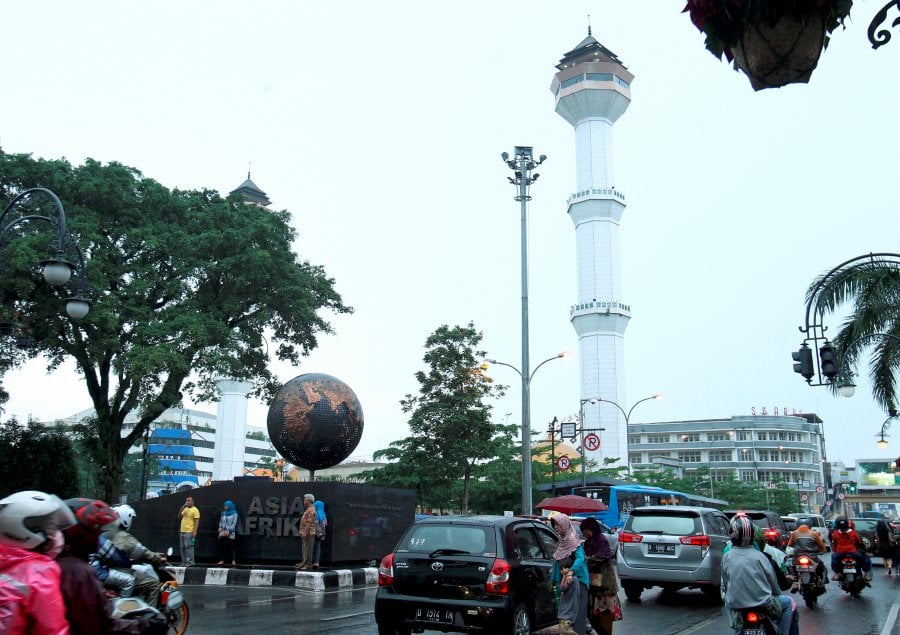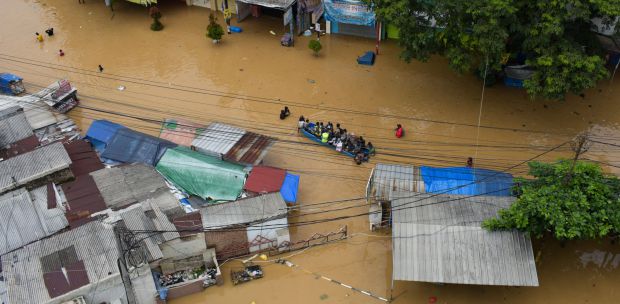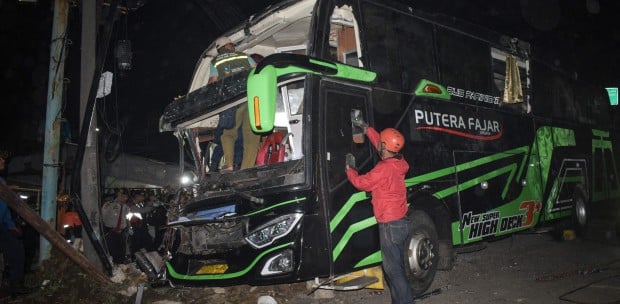JAKARTA: Dubbed as Paris of Java by the Dutch, Bandung with its year round cool temperatures and a soothing backdrop of a mountain range and verdant tea fields has been luring visitors in droves, including from Malaysia.
Located 768 meters above sea level, Bandung, the capital of West Java and the fourth largest city in Indonesia now is among the leading tourist destination for both local and foreign travelers.
The city even won a regional environmental sustainability award in 2017 for having the cleanest air among major cities in Asean.
However, Bandung is not like what it used to be as it is getting hotter as pointed out by Zadrach L. Dupe, an atmospheric science expert from Bandung Institute of Technology.
Dupe said the average surface temperature in Bandung from 1975 to 2020 had increased three degrees Celsius, from 22.6 degrees Celsius to 25.6 degrees Celsius.
"The ongoing rise in average temperature shows climate change is underway," local media quoted him as saying during the 'Bandung Hareudang' webinar held recently.
'Hareudang' means heat or hot in the Sundanese language.
The webinar was organised by Alliance of Independent Journalists (AJI) Bandung, AJI Indonesia and Google News Initiative.
The rise in the temperature in idyllic Bandung over the last 45 years is not only due to global warming but also due to the rapid development and population increase in the city.
Green open space in Bandung dropped to 12 per cent in 2021 compared to 35 per cent in 1970, partly because of the changes in land use due to development.
Total population jumped to 2.44 million people in 2020 from 177,659 people in 1940.
"During the same period annual motorcycle and car sales in Bandung rose to 108,000 units from 15,000 units," Dupe said, adding that each car could produce five tons of carbon dioxide emission per year.
The prolonged El Nino phenomenon in 2020 also drove up the temperature in Bandung and other parts of Indonesia.
Though it is hard to fathom out if the rise the temperature could be stopped or reversed, Dupe suggested for a start, Bandung's future development, to meet the needs of society and the economy, has to consider the balance of nature.
"Energy and water conservation, and greening the environment must be our priority in the present world," he added.--BERNAMA





